Child learning program
EarlyLearn
New York City offers free or low-cost child care and educational options for children from eligible families. EarlyLearn programs are available for infants and toddlers (ages six weeks to 2 years old).
Watch these videos and keep reading this page to learn about early childhood programs, eligibility, and more.
EarlyLearn - Programs for Children 6 Weeks - 2 Years Old
New York City provides a number of free or low-cost programs for families that qualify. These programs provide early care and education for children from birth to two years old, all year round for up to ten hours a day. Eligibility is based on your family's income and needs. If you qualify and there is a seat available, your child can begin a program anytime during the year.
Infant/Toddler Programs
Infant/Toddler programs provide child care services for infants and toddlers for up to 10 hours a day. These programs are available in two settings:
- Center-based care for children aged six weeks to four years old.
- Home-based care for children aged six weeks to three years old through family child care networks.
To learn about eligibility for Infant/Toddler programs and enroll, contact us at [email protected].
Early Head Start
Early Head Start programs provide early care and education that supports the whole family. Early Head Start programs serve pregnant mothers, infants, and toddlers and provide services for at least eight hours a day, all year round.
To learn about eligibility for Early Headstart programs, contact these programs directly.
Who is Eligible?
Our infant and toddler programs are available for families that qualify for free or low-cost care. Eligibility is based on your family's income and needs.
For Early Head Start Programs
The best way to find out if your family is eligible for Early Head Start is to contact a program directly. Your family may qualify for Early Head Start if at least one of these categories applies to you:
- You live in temporary housing
- You receive HRA Cash Assistance
- You receive SSI (Supplemental Security Insurance)
- You are enrolling a child who is in foster care
- Your family income falls below a certain amount
For Other Extended Day/Year Infant/Toddler Programs
Your family may qualify for these programs if your family's income falls below a certain amount and have an approved "reason for care." This reason must be at least one of the following:
- You work 10+ hours per week
- You are in an educational or vocational training program
- You have been looking for work
- You live in temporary housing
- You are attending services for domestic violence
How to Apply
Admissions for EarlyLearn programs are year-round.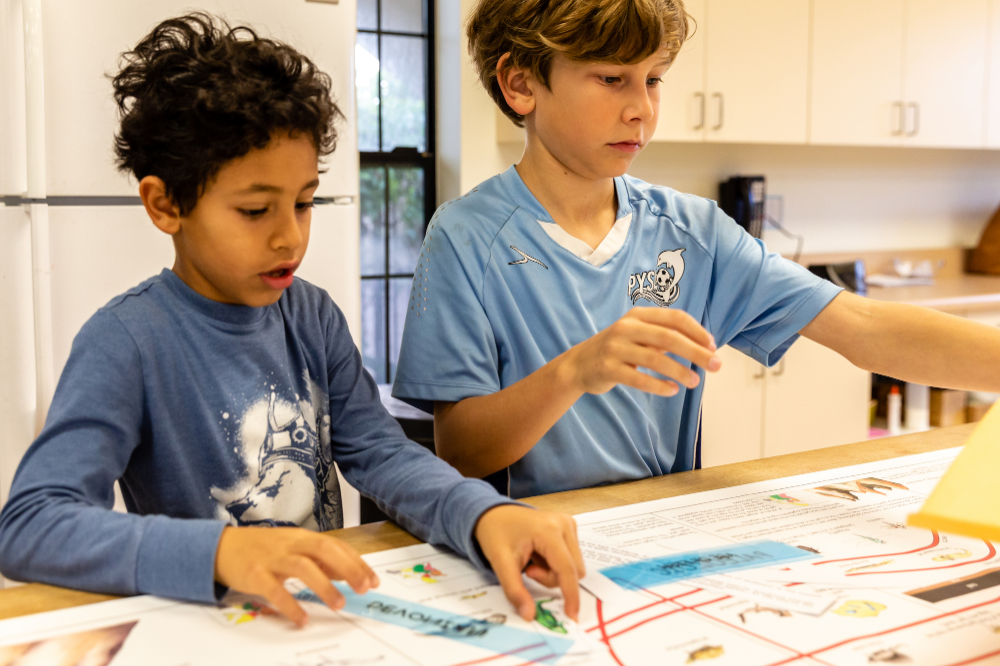 Your child can enroll in a program any time, if you are eligible and there is a seat available.
Your child can enroll in a program any time, if you are eligible and there is a seat available.
- Visit MySchools to find an infant and toddler program near you.
- For Early Head Start, apply directly through the program.
- For other Extended Day/Year Infant/Toddler options, you must apply directly through the program. All new applications and recertifications should be emailed to [email protected]. If your program is unable to email your application, your program can send it to this address:
NYC DOE FWC
333 7th Ave 12th Floor
Special Referrals
There are a few instances where a different process is needed to apply:
- Families applying for or receiving cash assistance must apply for care through their Human Resources Administration (HRA) Job Center.
- Families with an active Child Welfare case, preventive and/or protective, must contact their case worker to make a Child Care subsidy referral.
- Employed foster parents must contact their case worker to make a Child Care subsidy referral.
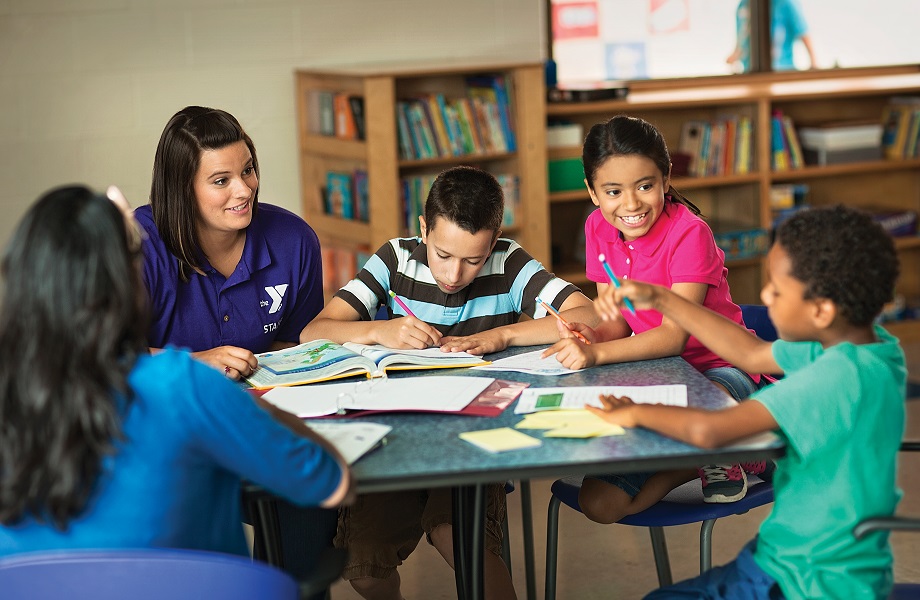
All families, including families that may need one of these referrals, can call 311 to get help with finding a program and completing the Child Care subsidy application.
For Centers Submitting or Following Up on Cases
The following guidelines allow our staff to provide you and families with the best possible support:
- Please submit cases one at a time, with all documents attached for that specific case.
- In the subject line of your email, please include the following
- Parent name
- Case number, if known
- Program name/number
- When requesting a status updates, please reference the date of the original submission, as well as the information included in the subject line (see bullets above)
Questions About EarlyLearn ?
Call 311 or email us at [email protected]. We can answer your questions about early childhood care and education and help you explore your options.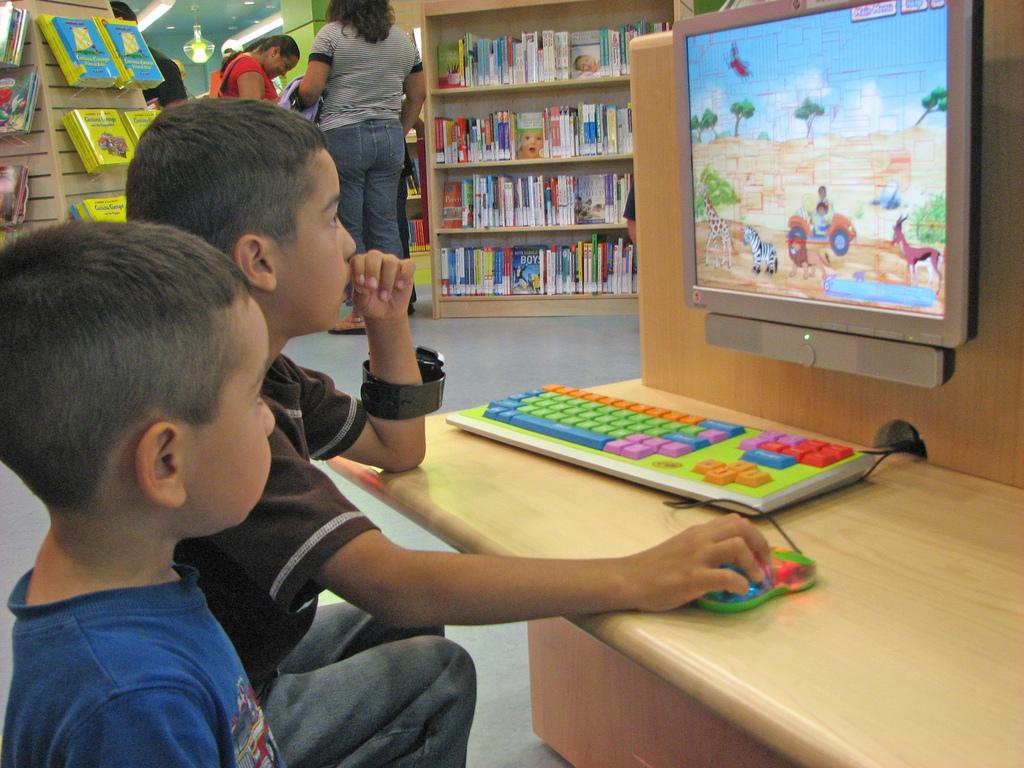
Options for Three- and Four-Year-Olds
Interested in other free, full-day, high-quality programs for children who are three and four years old? If your child was born in 2018, you can apply for 3-K. If your child was born in 2017, you can apply for pre-K. Visit MySchools to learn more about different programs.
In addition, families needing extended day/year care beyond the school day can apply for Extended Day/Year programs, including Head Start. These programs provide care all year round for up to 10 hours a day. Eligibility for these programs depends on income and other factors.
- To apply for Head Start programs, contact those programs directly.
- To learn more about other Extended Day/Year options, eligibility, or how to apply, email us at [email protected].
2022 NYC Public Schools Admissions Guide
View or download the new 2022 NYC Public Schools Admissions Guide! This book provides an overview of admissions processes and resources for EarlyLearn (childcare for eligible families), 3-K, pre-K, kindergarten, middle school, and high school, including a section on how to use MySchools.
- Print copies are available in 10 languages at schools, early childhood programs, libraries, and other sites now.
-
2022 NYC Public Schools Admissions Guide available in:
-
Call Us
Call Monday-Friday, 8am-6pm at 718-935-2009.
-
Get Support
Family Welcome Center staff are here to help.
Early Learning
Featured Newsletter Welcome to the U. Find the latest information about ED's work in supporting our nation's youngest learners. Join our Early Learning Newsletter mailing list to receive regular ED early learning updates and the monthly early learning newsletter. High Quality Early Learning is Essential
About Newsletter Connect Featured ED, HHS Issue Recommendations to Improve Young Children’s Social-Emotional Development, Mental Health The Departments of Education and Health and Human Services issued a Dear Colleague Letter on June 14 with four recommendations to equitably support the social-emotional development and mental health of young children. These recommendations and action steps are intended for State, territorial, tribal, local administrators and policymakers to encourage early childhood systems to work collaboratively to ensure that young children and their caregivers have access to high-quality resources and services to support young children’s health and well-being, social-emotional development, and early learning. The letter includes links to resources to support the four recommendations, which are:
A series of videos, to be released throughout the summer and hosted on the HHS Administration for Children and Families’ website, spotlights issues for supporting young children’s mental health and well-being. The letter, recommendations, and resources are part of ongoing work across the federal government to address mental health needs of children and their families.
06/14/2022 Safer Schools and Campuses Best Practices Clearinghouse The Department launched the Safer Schools and Campuses Best Practices Clearinghouse (the Clearinghouse), a website that highlights the innovative work underway nationwide in continuing to reopen early childhood programs, K-12 schools, and postsecondary institutions. Through the Clearinghouse, the Department is providing examples of how early childhood programs, schools and other educational institutions can safely resume in-person services and reopen as communities continue recovering from the COVID-19 pandemic. 05/19/2021 Older Featured ItemsNewsletter
ED's Early Learning newsletter provides monthly updates to subscribers on early learning initiatives led by the Department and our partners across agencies and in the field.
Printable view Last Modified: 06/15/2022 |
training programs for the development of first-graders
Types of programs for elementary school
Traditional and developmental systems of education are distinguished in pedagogy:
- Traditional. Training is built according to the scheme "we study - we fix - we check." This system is used both in the beginning and in subsequent classes.
- Developmental. Training is built according to the scheme "we study - we independently draw conclusions - we practice." As a rule, it is aimed exclusively at elementary grades and is not used in middle and high schools.
Each system has a variety of curricula. Consider the most popular.
Source: freepik.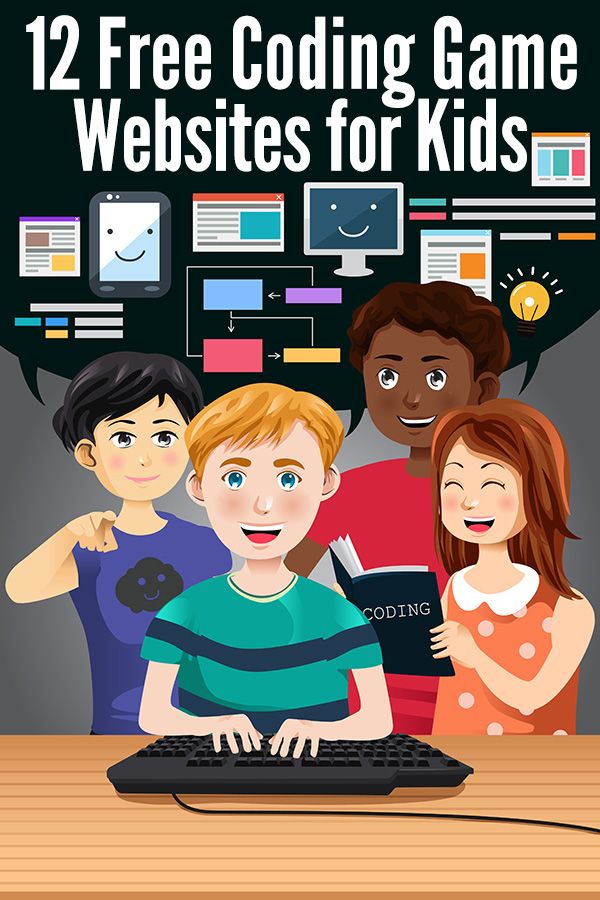 com
com
Program L.V. Zankova
📌 Developmental curriculum for primary school
Fundamentals of the theory - works of L.S. Vygotsky. According to the program, one should not be afraid of mistakes - they learn from them. The schoolboy jumps above his head, but his own, and not someone else's. Disadvantages of the system: a fast pace of learning and a high level of difficulty is not suitable for every child.
D.B. system Elkonin - V.V. Davydova
📌 Developing curriculum for elementary grades
Daniil Elkonin and Vasily Davydov are Soviet scientists. According to their program, students in elementary school are not graded, it is assumed that students must independently assess the level of their knowledge.
Most of the parents in this program are afraid that due to the lack of grades, the level of knowledge will be low. Elkonin and Davydov assure that learning is more effective if the student is not demotivated by subjective scores.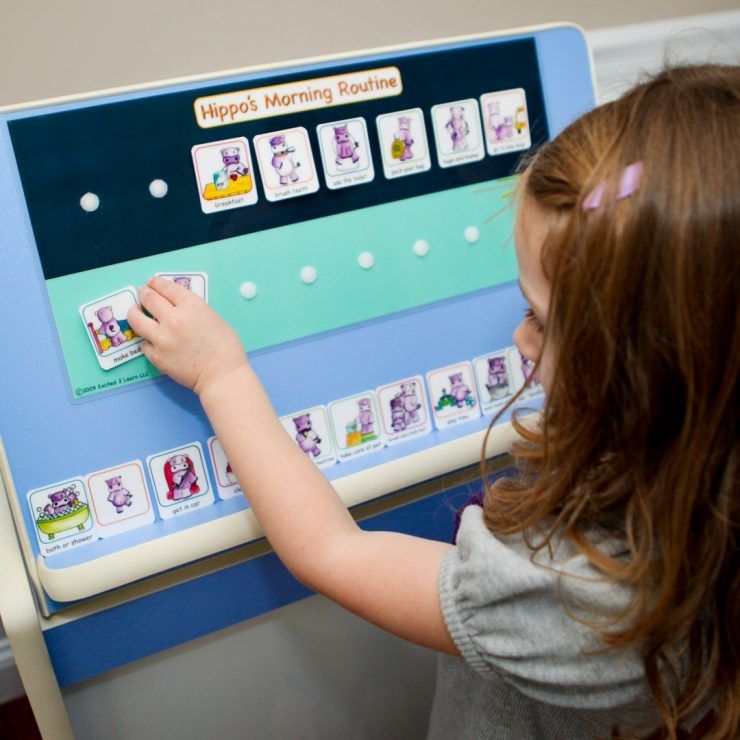 By the way, elementary Waldorf schools adhere to a similar methodology - children are not graded there either.
By the way, elementary Waldorf schools adhere to a similar methodology - children are not graded there either.
<
“School of Russia”
📌 Traditional curriculum for elementary grades
“School of Russia” is the most popular curriculum. Complies with GEF and is used in most schools. The main goal is spiritual and moral development, which is formed in specially created conditions. The main vector is aimed at the adaptation of the child in the team.
Training under the program is aimed at adaptation in a team, accumulation of knowledge and skills for further training. But feedback from parents is not always positive. Many note that the world around us can be greatly reduced, and the four-year program is too long.
<
"RITM"
📌 Traditional curriculum for elementary grades
"RITM" stands for development, individuality, creativity, thinking.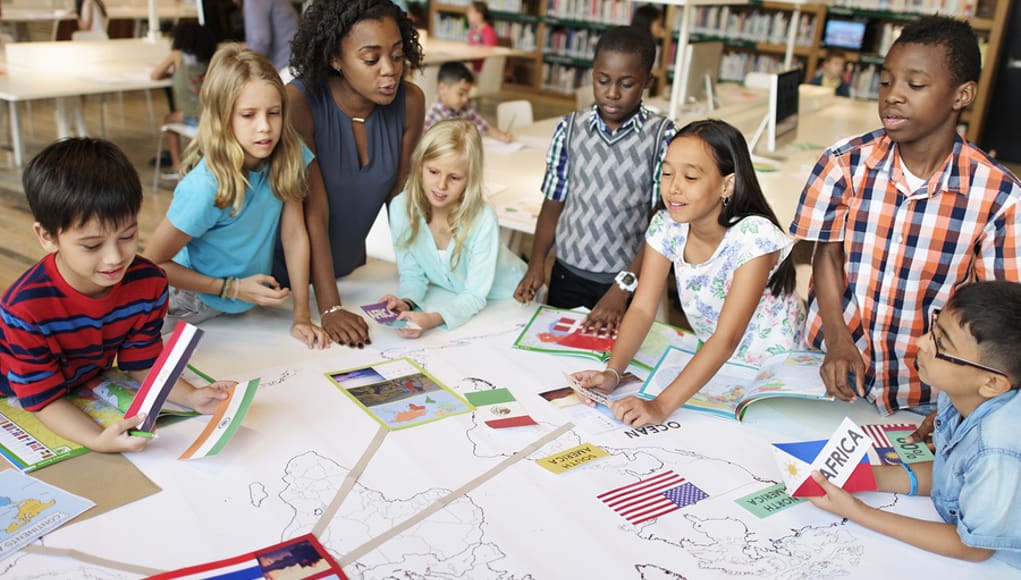 The program combines the traditions of the national elementary school K.D. Ushinsky and the achievements of modern psychology and methodology. The features of this curriculum in the primary grades of the school are variability and an extensive information and educational environment. It is believed that every child should learn to think creatively and independently, as well as to reveal their individuality. The system consists of completed subject lines of textbooks, which are included in the federal list, except for the ABC and Literary Reading.
The program combines the traditions of the national elementary school K.D. Ushinsky and the achievements of modern psychology and methodology. The features of this curriculum in the primary grades of the school are variability and an extensive information and educational environment. It is believed that every child should learn to think creatively and independently, as well as to reveal their individuality. The system consists of completed subject lines of textbooks, which are included in the federal list, except for the ABC and Literary Reading.
<
Primary school of the XXI century (Vinogradova system)
Vinogradova is a doctor of pedagogical sciences and the creator of a training program for first grade children. The program is aimed at strong students. To pass it successfully, you need to come to the first class with a certain level of preparation. This program is based on the theory of L.S. Vygotsky, as well as the ideas of Elkonin and Davydov. UMK is included in the Federal list of textbooks recommended by the Ministry of Education and Science. It is believed that the goal of a teacher working on this teaching method is to teach a child to learn.
UMK is included in the Federal list of textbooks recommended by the Ministry of Education and Science. It is believed that the goal of a teacher working on this teaching method is to teach a child to learn.
Perspektiva
📌 Traditional Primary School Education Program
The author of this Primary School Education Program is Lyudmila Peterson, a Russian teacher, mathematician and Doctor of Pedagogical Sciences. In addition to Perspektiva, she developed a popular mathematics course in Russia for preschool and school age. Peculiarities of WMC Peterson are personality education and spiritual and moral development. It is assumed that educational materials are structured so that the child's curiosity is not lost, but constantly nourished and turns into a need to learn new things.
"Harmony"
📌 Traditional education program for elementary grades
Educational program for elementary grades "Harmony" is based on two principles: humanization and developing education.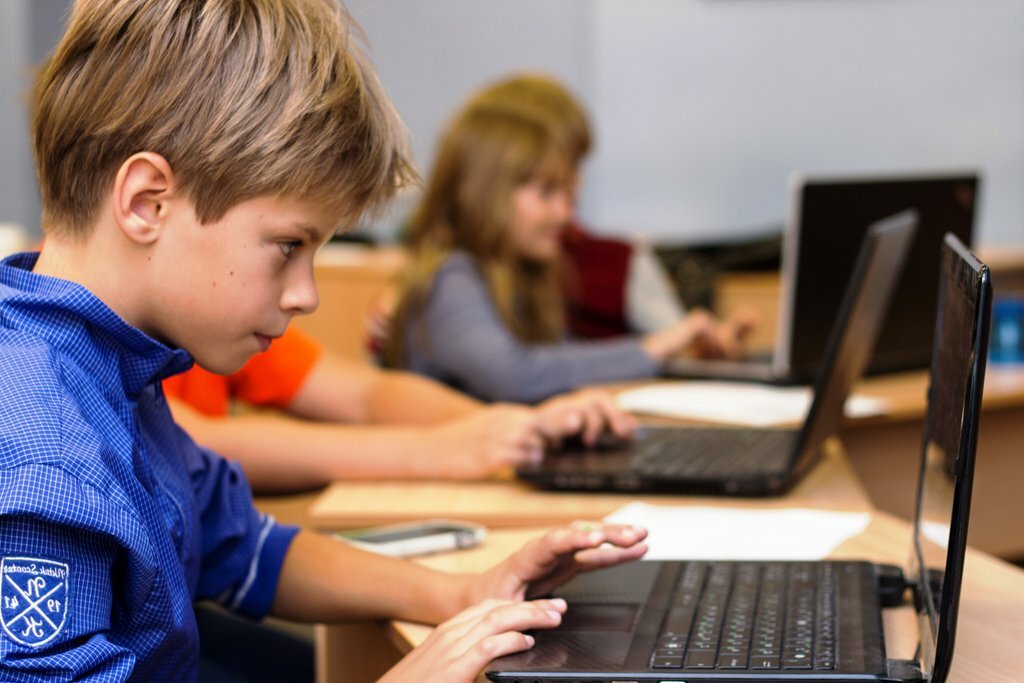 A feature of the EMC is the dynamic assessment of the success of each child, which is reflected in the portfolio. The concept of the program was proposed by Doctor of Pedagogical Sciences N.B. Istomin. For successful learning under the program, the child must already be able to actively communicate, think logically, and have an objective interest in knowledge. Preparation of preschoolers for "Harmony" falls on the shoulders of parents.
A feature of the EMC is the dynamic assessment of the success of each child, which is reflected in the portfolio. The concept of the program was proposed by Doctor of Pedagogical Sciences N.B. Istomin. For successful learning under the program, the child must already be able to actively communicate, think logically, and have an objective interest in knowledge. Preparation of preschoolers for "Harmony" falls on the shoulders of parents.
“School 2100”
📌 Traditional primary education program
This primary education program is called “the concept of the educational system” because it has not one, but a whole team of authors: Sh.A. Amonashvili, A.A. Leontiev, L.G. Peterson, R.N. Buneev, E.V. Buneeva and others. It is based on the “pedagogy of common sense” by A.A. Leontiev. The features of the program are called continuity at all stages of education from kindergarten to university, consistency in the use of acquired knowledge and continuity in the sequence of educational tasks.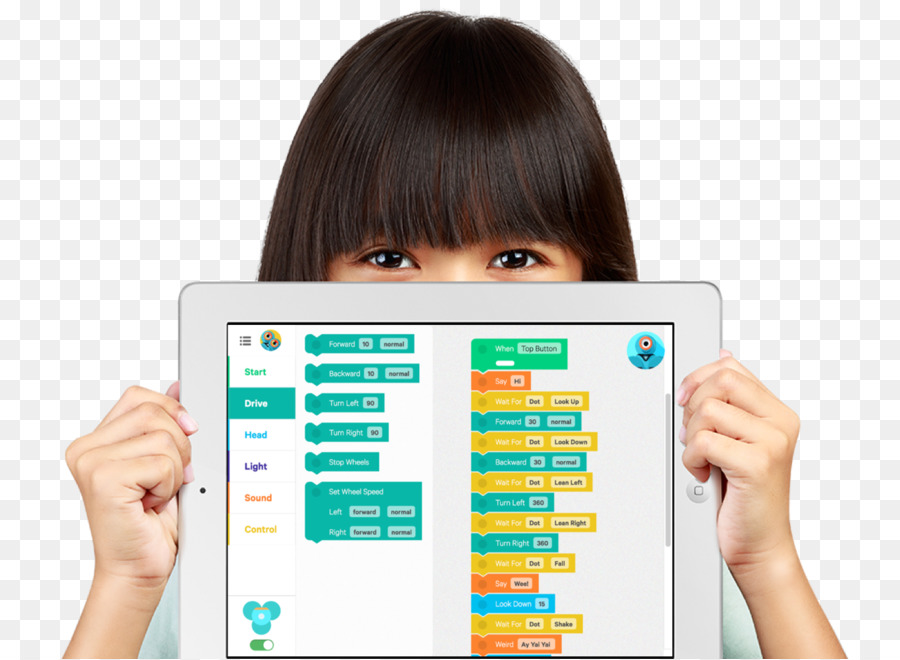 Work on the program continues at the middle level. As a result, the authors see a child capable of self-development, owning a picture of the world and bearing responsibility for himself and his education.
Work on the program continues at the middle level. As a result, the authors see a child capable of self-development, owning a picture of the world and bearing responsibility for himself and his education.
Planet of Knowledge
📌 Traditional primary school curriculum
The fundamental principle of this program is variability. TMC consists of two parts:
- all schoolchildren should know the basic level;
- difficult level consists of non-standard tasks for curious students who want to increase their knowledge.
According to this elementary school program, the student must strive for new knowledge and enjoy learning. To do this, you need to create comfortable conditions. Therefore, the first year of study is considered adaptive - young students are not overloaded and are allowed to smoothly join the process. The advantages of the program are the variability of levels and tasks, the education of the desire to acquire new knowledge.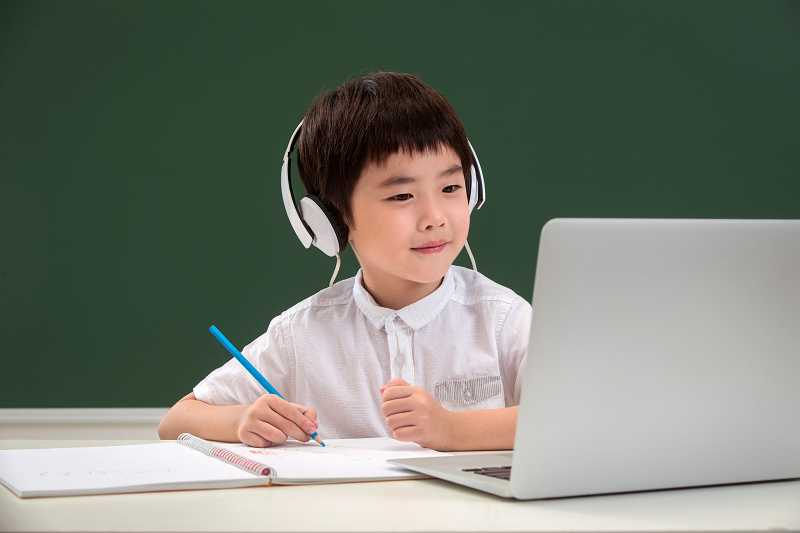 The disadvantages include preschool education - the child must be able to read and count.
The disadvantages include preschool education - the child must be able to read and count.
Promising Primary School
📌 Traditional Primary Education Program
This Primary School program was developed in 2006 along with the first GEF. As in the Planet of Knowledge program, the entire learning process is based on the child's desire to learn. For simplicity of reasoning, constant book characters were invented - Misha and Masha. So children in elementary school learn the material visually.
<

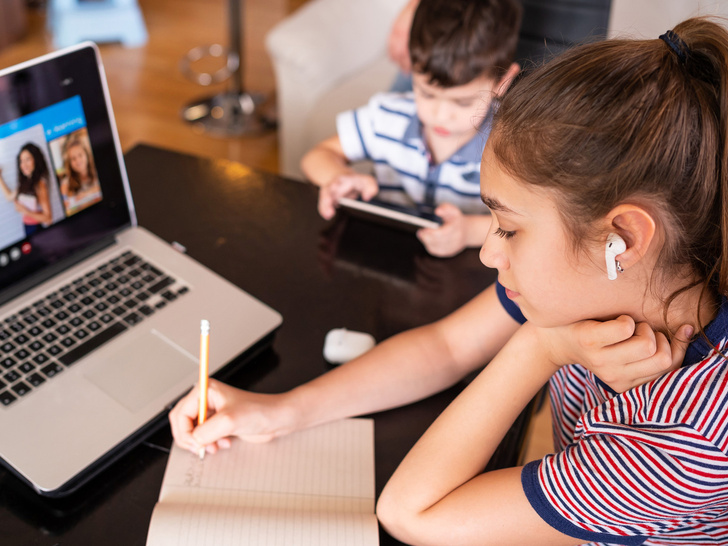 S. Department's Early Learning Web Site
S. Department's Early Learning Web Site
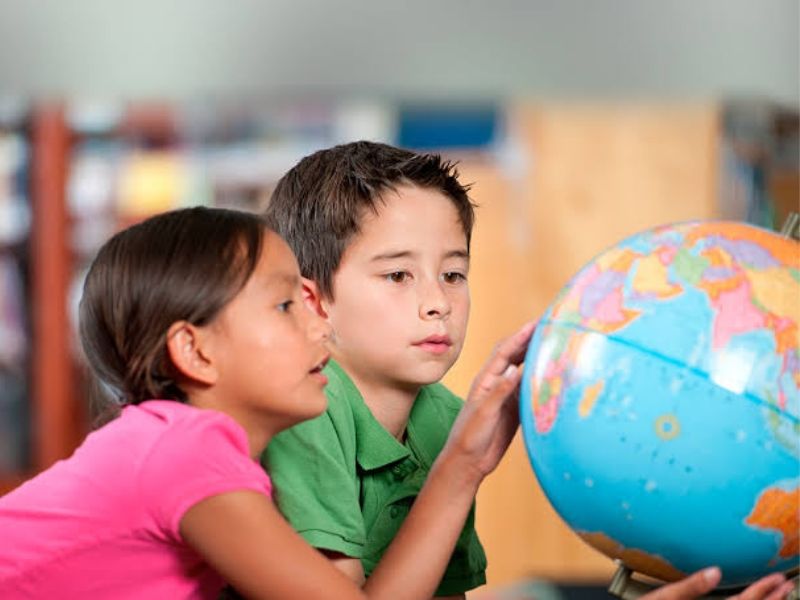
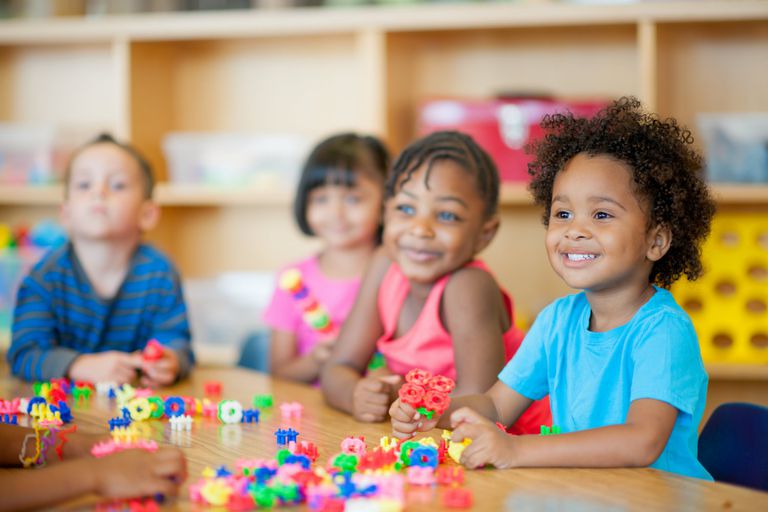 Join our mailing list to receive regular ED early learning updates and the monthly Early Learning newsletter. Past newsletters are also available.
Join our mailing list to receive regular ED early learning updates and the monthly Early Learning newsletter. Past newsletters are also available.